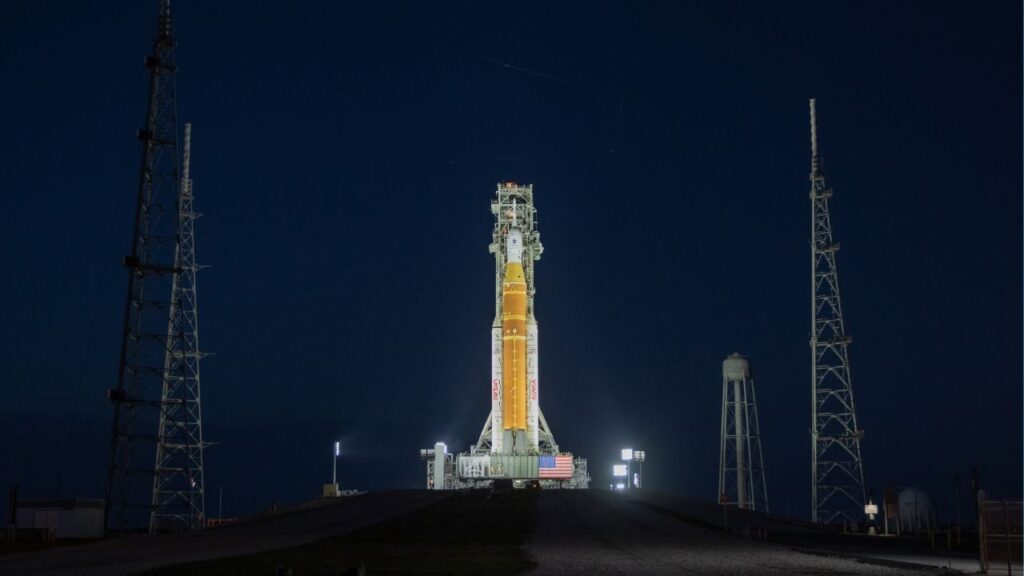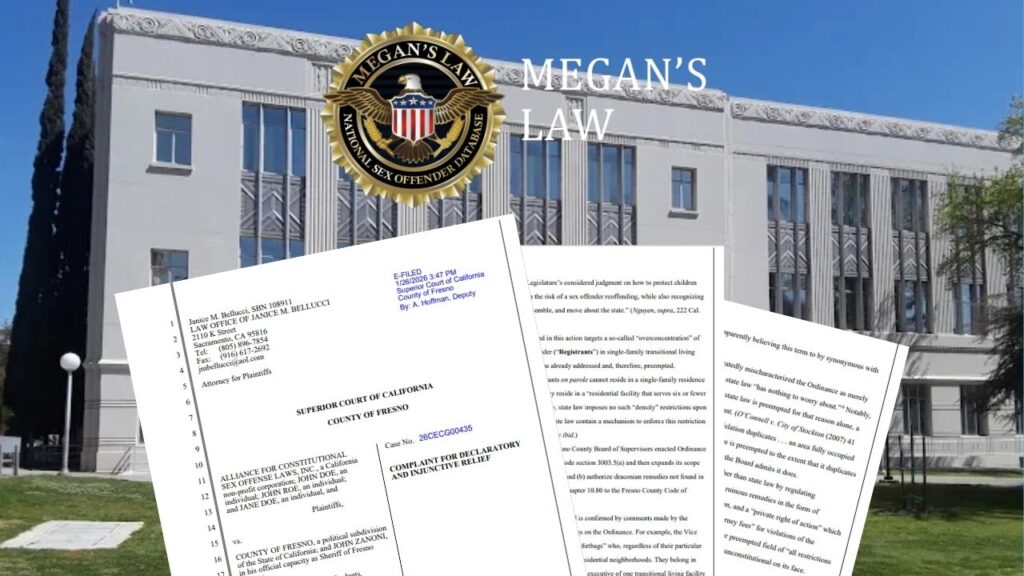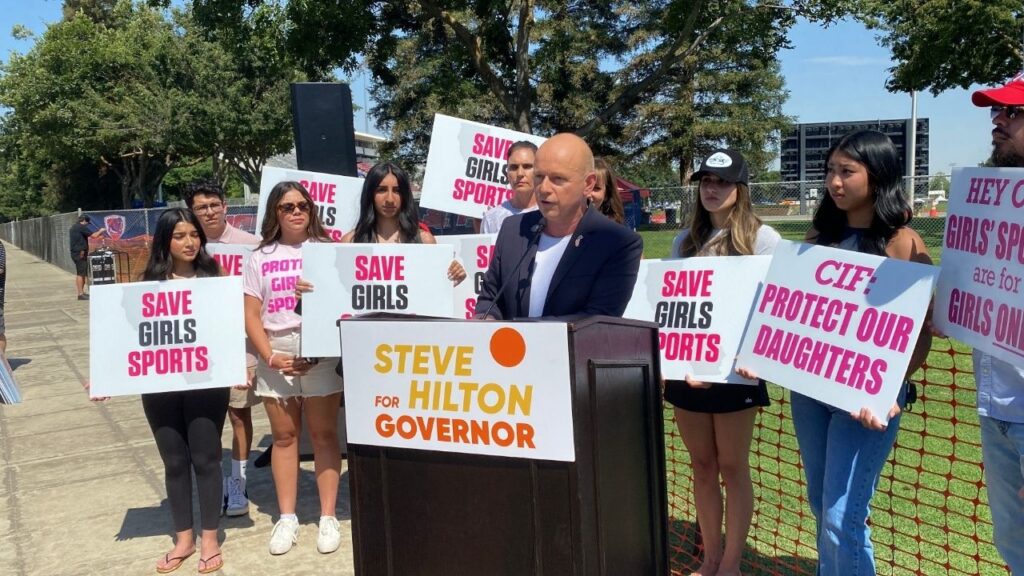Share
California regulators haven’t approved permits for the controversial oil and gas extraction process known as fracking since February, effectively phasing out the process ahead of Gov. Gavin Newsom’s 2024 deadline to end it.
The state’s Geologic Energy Management Division, known as CalGEM, has rejected an unprecedented 109 fracking permits in 2021, the San Francisco Chronicle reported. That’s the most denials the division has issued in a single year since California began permitting fracking in 2015. Fifty of the permits, mostly from Bakersfield-based Aera Energy, were denied based solely on climate change concerns.
State oil and gas supervisor Uduak-Joe Ntuk wrote in a September letter to Aera that he could “not in good conscience” grant the permits “given the increasingly urgent climate effects of fossil-fuel production” and “the continuing impacts of climate change and hydraulic fracturing on public health and natural resources.”
Kern County, Oil Lobby Sue Over Permit Denials
Newsom called in 2020 for state lawmakers to ban the practice by 2024. But a proposal before lawmakers failed, leading Newsom to direct CalGEM to proceed with the timeline on its own. It’s only one piece of Newsom’s climate change agenda, which includes a complete end to oil and gas production in the state by 2045, long after he’s left office.
Kern County, where most fracking in the state occurs, and the Western States Petroleum Association have sued the state over the denials. WSPA’s lawsuit, filed in October, argues state law requires CalGEM to permit fracking if it meets technical requirements and that the denials amount to a de facto ban on the process that hasn’t been approved by the Legislature.
A hearing in the Kern case is scheduled for Monday and the state must respond to WSPA’s lawsuit by Dec. 2.
Fracking is the process of injecting high-pressure water into underground rock to help extract oil and gas. It accounts for just 2% of oil production in California, but it is a highly controversial practice due to concerns over water contamination and other health impacts for people living nearby.
The denials are “a sign that the tide is starting to turn, and the state is starting to prioritize public health and the environment over the profits of the oil industry,” Hollin Kretzmann, a senior attorney at the Center for Biological Diversity, told the Chronicle.
Fracking Approvals Fall Dramatically
WSPA said in its lawsuit that the state’s permitting process includes stringent requirements designed to protect public health and safety.
CalGEM has approved just 12 fracking permits this year, down from 83 in 2020 and 220 in 2019.
In his letter to Aera explaining why the state denied permit applications, Ntuk cited extreme heat, drought and wildfires as examples of the dangers caused by climate change. He argued that CalGEM must ensure the activities it regulates match the state’s environmental, public health and climate change goals. He said a 2014 law that gave the agency permitting power over fracking does not require the state to approve permits even if applications are complete.
Kathy Miller, an Aera spokeswoman, did not respond to an email seeking comment.
RELATED TOPICS:
Categories

NASA Delays Artemis II Moon Launch to March After Hydrogen Leaks

Trump Seeks $1 Billion From Harvard as Deal Proves Elusive

















